
Owning the Perfect Habitat for Your Exotic Pet an is an exciting and rewarding experience, but it also comes with unique challenges.
Unlike common household pets, exotic animals require specialized care, attention, and living conditions to thrive.
Whether you have a reptile, amphibian, bird, or small mammal, providing the right habitat for pets is essential for their health and well-being.
In this guide, we will discuss the significance of owning an exotic pet, the different types of exotic animals, and how to set up the Perfect Habitat for Your Exotic Pet friend.
We’ll also explore ways to strengthen your bond with your unique companion.
Significance of Having an Exotic Pet
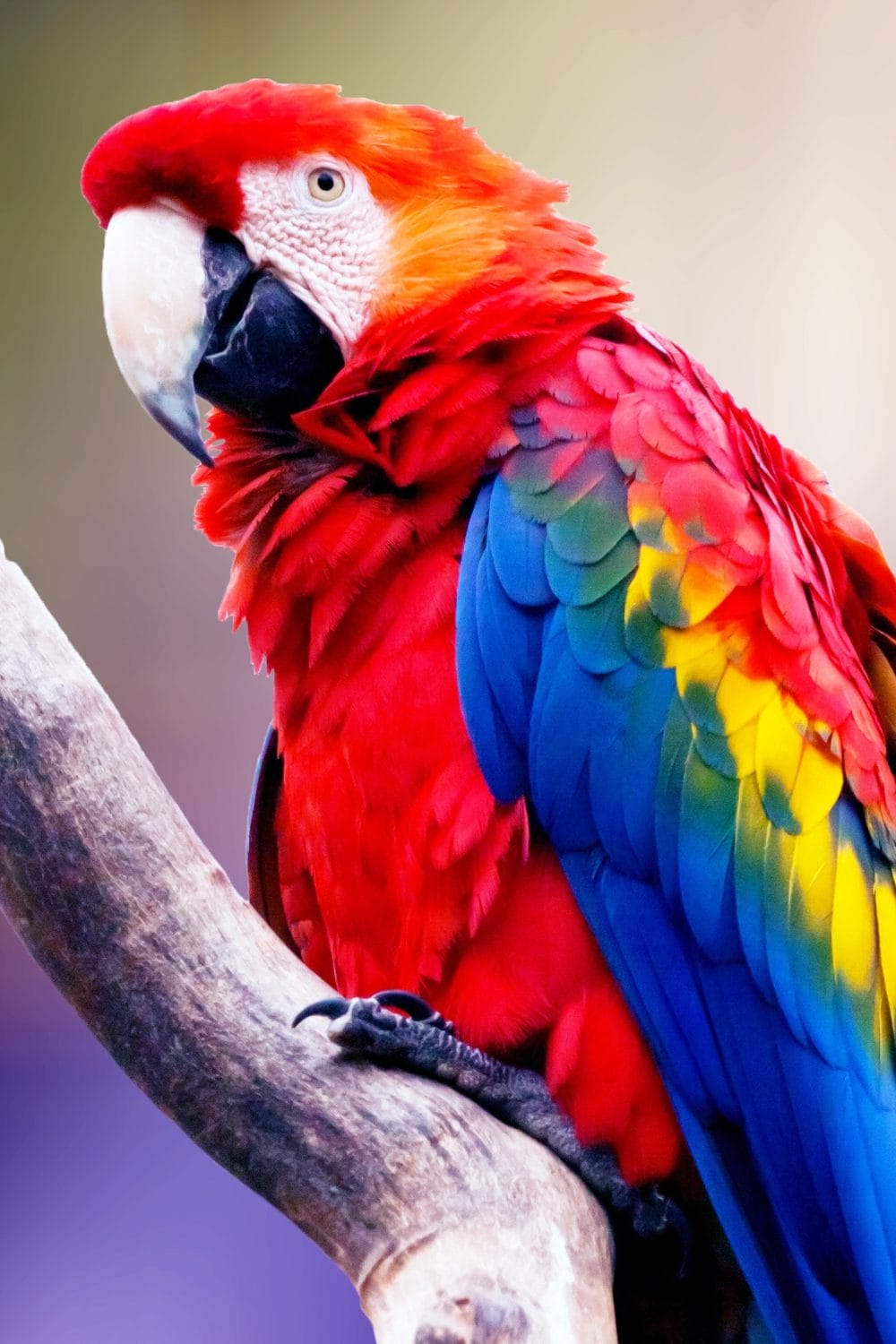
Exotic pets can be fascinating companions that offer a unique experience compared to traditional pets like cats and dogs. Here’s why many people choose to own exotic animals:
- Educational Value: Exotic pets allow owners to learn about different species, ecosystems, and animal behaviors.
- Unique Bond: Forming a relationship with a non-traditional pet can be incredibly fulfilling.
- Low Allergen Risk: Many exotic pets, such as reptiles and fish, are hypoallergenic, making them great for people with allergies.
- Space-Saving: Some exotic pets require less space than traditional pets, making them ideal for small homes or apartments.
- Minimal Noise: Unlike dogs or birds, reptiles, amphibians, and fish are generally silent pets.
However, owning an exotic pet also comes with responsibilities. Their care requires specialized knowledge, and finding a veterinarian for exotics may be more challenging than for common pets.
Types of Exotic Pets
Exotic pets come in a wide variety of species, each requiring a unique habitat and care routine. Here’s a breakdown of different pet exotic options:
| Category | Examples | Special Considerations |
| Reptiles | Ball Pythons, Bearded Dragons, Chameleons | Require heat lamps, UV lighting, and a controlled environment. |
| Amphibians | Dart Frogs, Axolotls, Salamanders | Sensitive to humidity and temperature; require water filtration. |
| Birds | Parrots, Cockatiels, Canaries | Need a spacious cage, social interaction, and mental stimulation. |
| Small Mammals | Sugar Gliders, Hedgehogs, Ferrets | Need room to explore, specific diets, and nesting areas. |
| Aquatic Pets | Betta Fish, Turtles, Exotic Shrimp | Require proper filtration, water pH balance, and space. |
| Arachnids & Insects | Tarantulas, Scorpions, Stick Insects | Need species-specific temperature and humidity control. |
If you’re wondering, “What are the best exotic pets to own?”, the answer depends on your experience level and ability to provide specialized care.
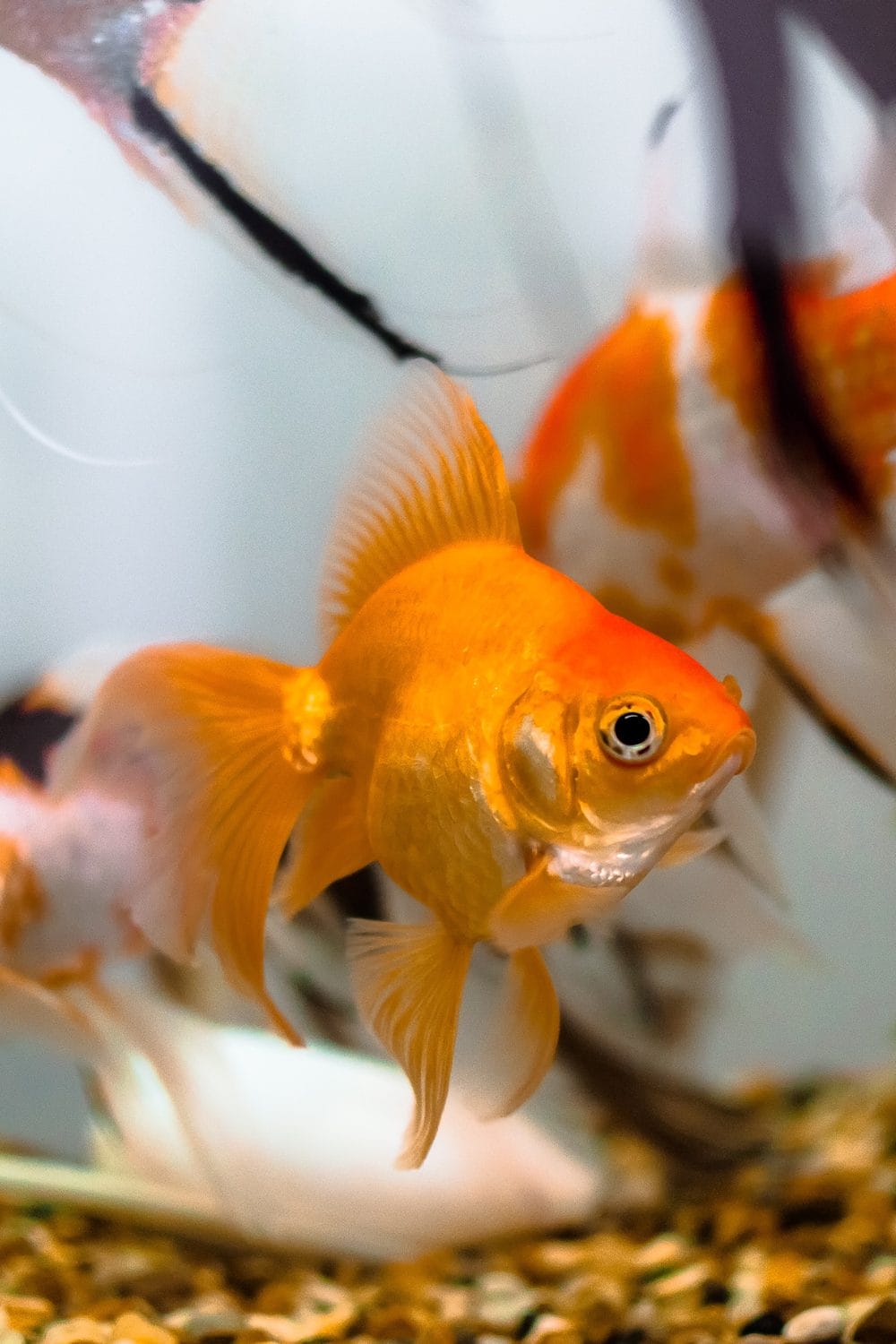
Tips to Create the Perfect Habitat for Your Exotic Pet?
Research Your Pet’s Natural Habitat
Understanding the natural habitat for animals is crucial for recreating a comfortable living space. Research where your pet originates from and mimic its environment as closely as possible.
- Reptiles: Tropical or desert climates require controlled heat, UV lighting, and appropriate substrates.
- Amphibians: Most require high humidity and access to water.
- Birds: Need perches, nesting areas, and space to fly.
- Mammals: Require burrowing spots, toys, and social interaction.
Choose the Right Enclosure
Each species has specific enclosure needs. Here’s what to consider:
- Size: Ensure the enclosure is large enough for movement and growth.
- Ventilation: Proper airflow prevents mold and bacterial growth.
- Security: Exotic pets can be escape artists, so secure lids and locks are essential.
Maintain Proper Temperature and Humidity
Temperature control is essential for reptiles, amphibians, and tropical birds. Install thermometers and hygrometers to monitor conditions.
- Use heat lamps, under-tank heaters, or ceramic heat emitters for warmth.
- Provide misting systems or humidifiers for high-humidity species.
Provide a Species-Appropriate Diet
Feeding exotic pets properly is just as important as housing them. Research their dietary needs and offer a balanced, species-appropriate diet.
- Reptiles: Live insects, greens, or small rodents (species-specific).
- Birds: A mix of seeds, fruits, and vegetables.
- Mammals: Specialized diets (ferret kibble, sugar glider nectar, etc.).
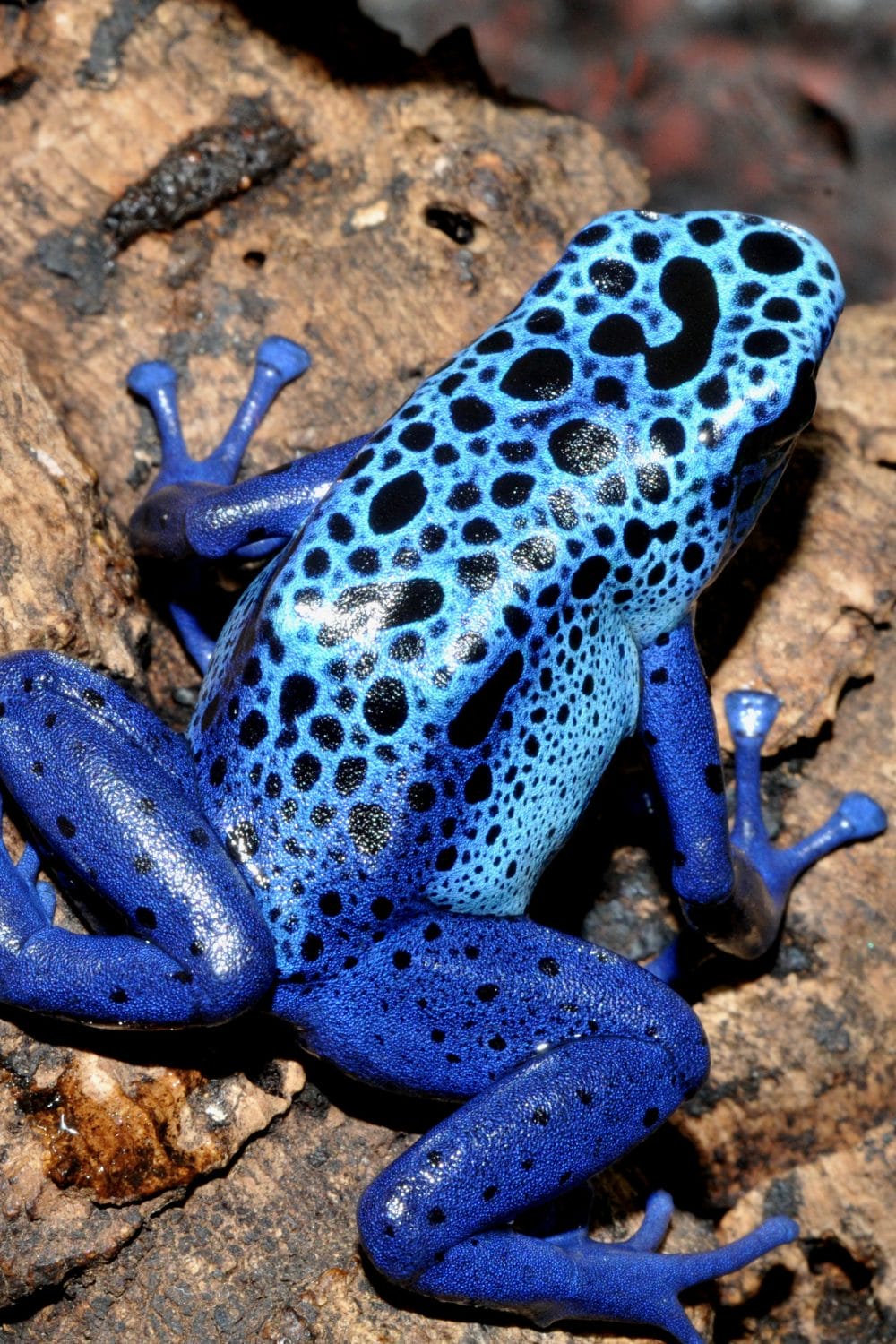
Offer Hiding Spaces and Enrichment
In the wild, animals seek shelter to feel safe. Adding hiding spots, tunnels, and branches creates a natural habitat for animals that helps reduce stress.
- Reptiles: Use logs, caves, and foliage.
- Birds: Provide swings, ladders, and toys.
- Mammals: Use tunnels, hammocks, and chew toys.
Clean and Maintain the Habitat Regularly
A clean pet habitat is essential for preventing disease and maintaining your pet’s health. Perform the following:
- Daily: Remove uneaten food and waste.
- Weekly: Clean the water bowl, replace bedding, and disinfect surfaces.
- Monthly: Deep clean the enclosure and check for signs of wear or damage.
Find a Veterinarian for Exotics
Regular vet check-ups are crucial. Not all vets treat exotic pets, so locate a veterinarian for exotics near you before adopting an exotic animal.
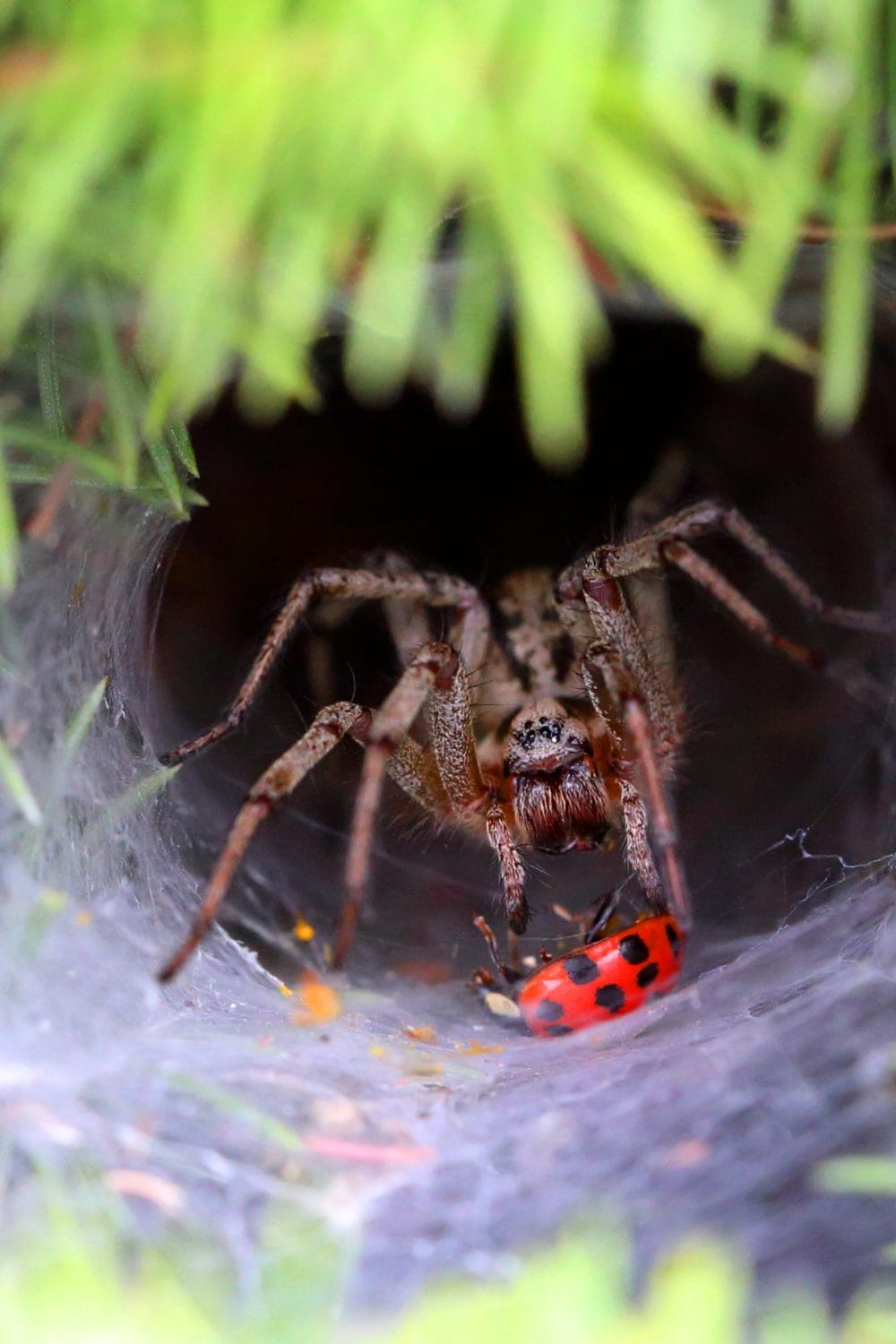
How to Strengthen Your Bond with Your Exotic Pet?
Forming a bond with an exotic pet takes patience and consistency. Here are some tips:
- Handle with Care: Start with short handling sessions and increase time gradually.
- Recognize Their Body Language: Learn their comfort signals and respect their boundaries.
- Provide Mental Stimulation: Introduce toys, puzzles, and challenges suited to their species.
- Maintain a Routine: Exotic pets feel secure when their feeding and care schedule is consistent.
- Respect Their Nature: Some exotic pets, like tarantulas and fish, may not enjoy handling but still respond positively to interaction in other ways.
Conclusion
Creating the Perfect Habitat for Your Exotic Pet requires dedication, research, and commitment.
By understanding the natural habitat for animals, providing proper care, and forming a strong bond, you can ensure your pet exotic thrives in a safe and comfortable environment.
If you’re interested in adopting, consider checking an exotic pet shelter rather than purchasing from unverified breeders. Owning an exotic pet is a privilege, and responsible care is key to their well-being.
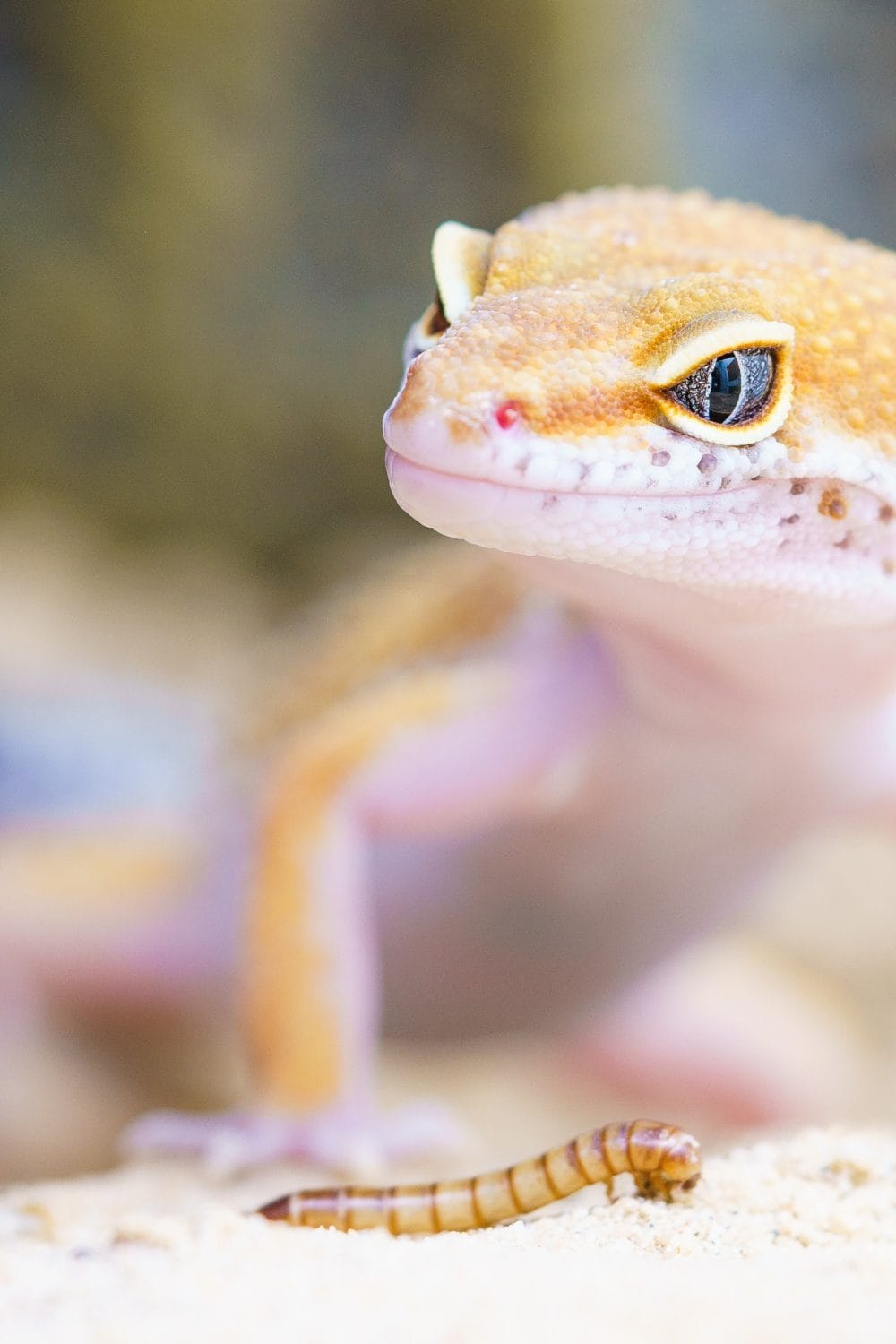
FAQs
Some of the best beginner-friendly exotic pets include leopard geckos, ball pythons, betta fish, and parakeets due to their manageable care requirements.
Check online directories, ask exotic pet communities, or consult local pet stores specializing in exotic animals.
Yes! Use real plants, natural substrates, and climate controls to mimic your pet’s wild environment as closely as possible.
An exotic pet shelter rescues and rehabilitates abandoned or surrendered exotic pets, providing them with proper care and rehoming opportunities.
To maintain hygiene and prevent illness, perform light cleaning daily, moderate cleaning weekly, and deep clean monthly
By following these guidelines, you can provide the best environment for your exotic pet and enjoy a fulfilling companionship for years to come!
- How to Celebrate a Dog’s First Birthday on a Budget: 2026 Guide - February 18, 2026
- Best Shampoo for Sensitive Skin Dog Grooming: 2026 Guide - February 12, 2026
- 40+ Aesthetic Names for White Dogs (2026 Unique & Rare List) - February 6, 2026


GIPHY App Key not set. Please check settings